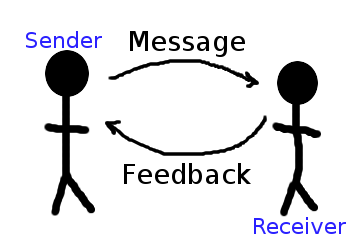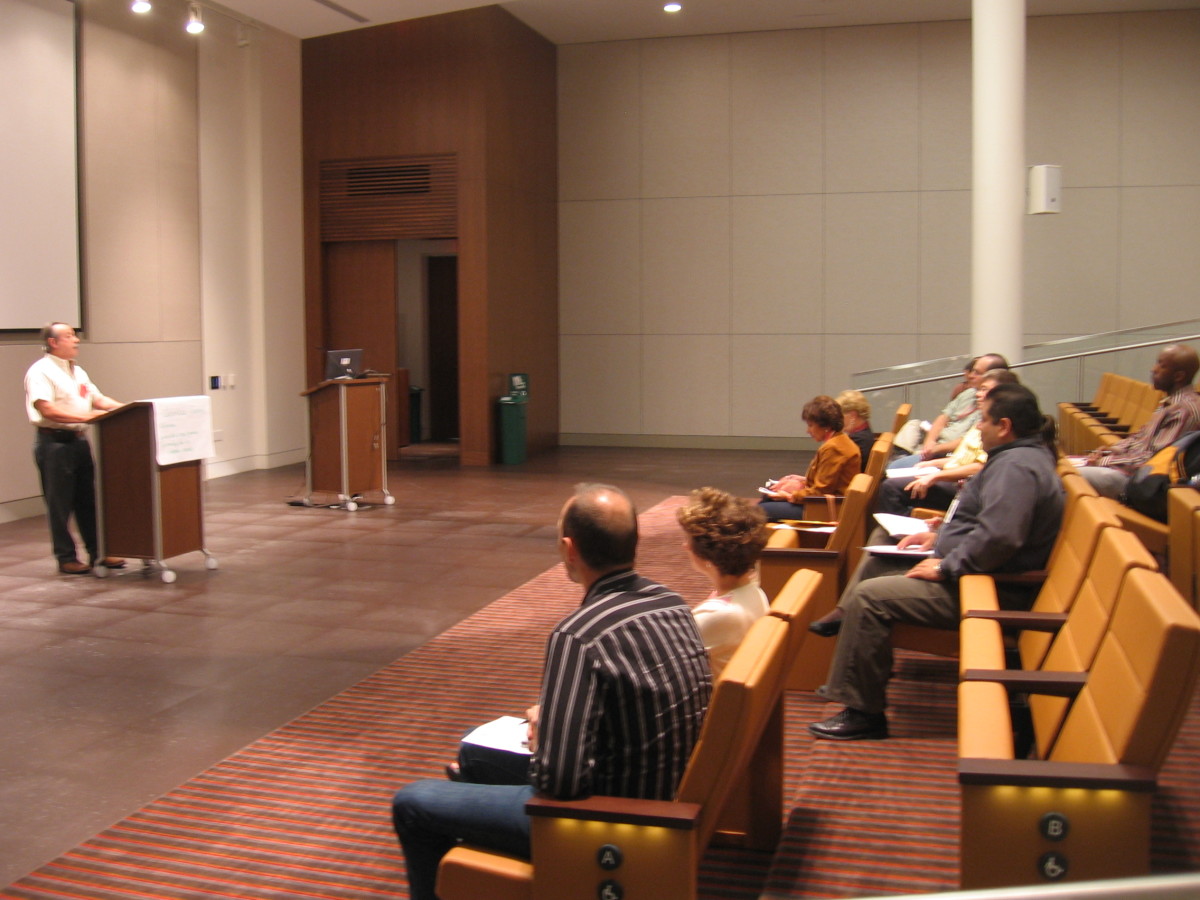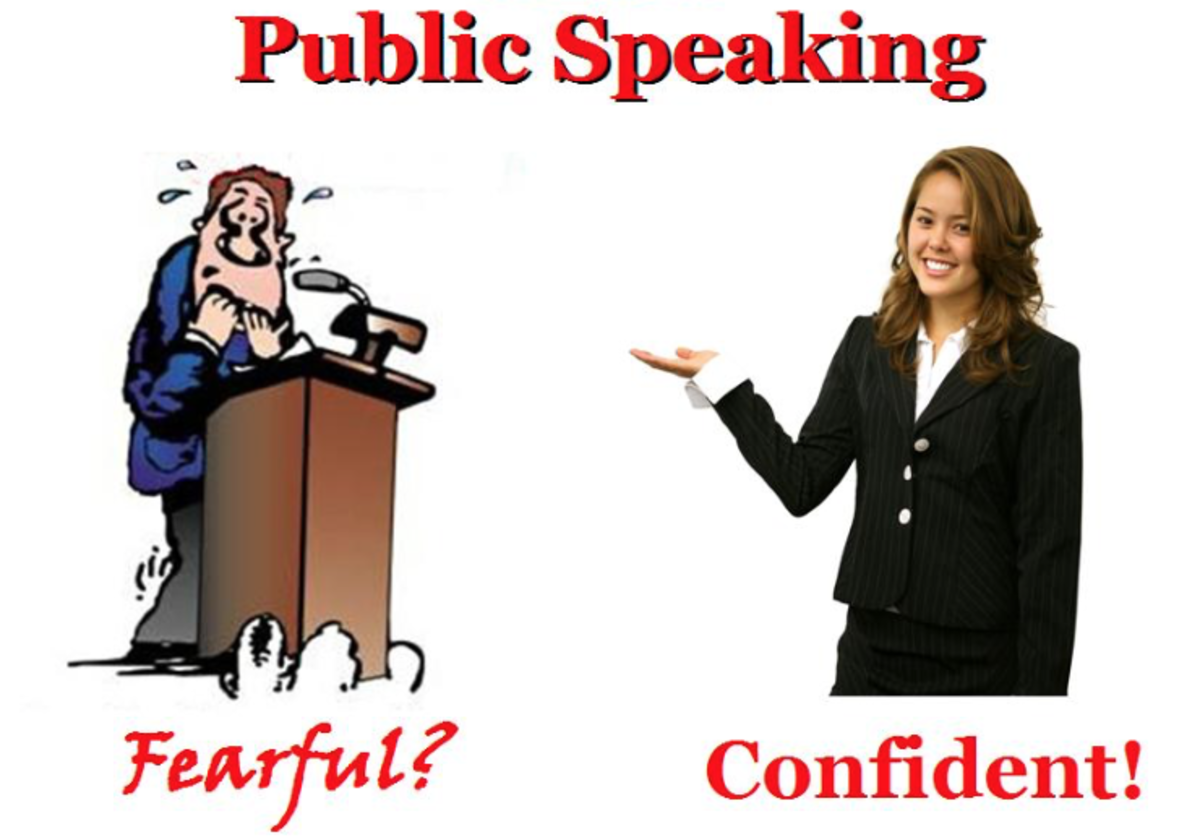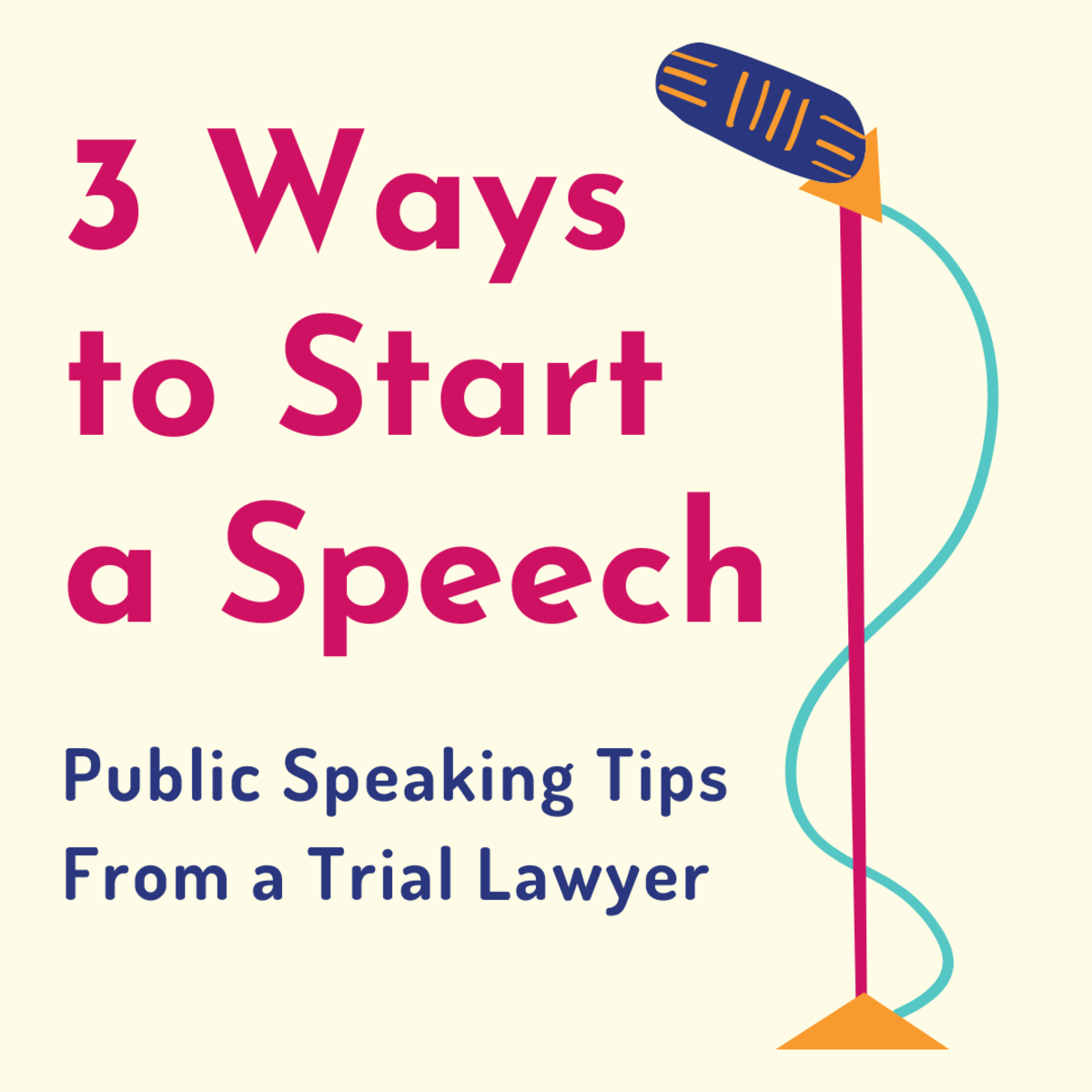How to Easily Improve Communication Skills
Have you ever had the desire to be a better communicator?
Do you want to show authority in the workplace, be completely understood when speaking to your spouse, or address an audience during a speech that totally captivates them?
You can achieve all of these results by improving just a few communication skills.

What is communication
Without knowledge of the process of communication, it is nearly impossible for one to improve his/her skills.
Communication is the act of sending a message from a source (you) through a channel (speech, letters, e-mail) to a receiver (your audience).
Seems simple, right?
Where it gets tricky is through the encoding and decoding phase of your message. When one develops a message and passes it through a channel, they are encoding it with a series of tools to help the receiver better understand the message.
Think of the encoders as vocabulary, body language, facial features and voice pitch and tone. While the source encodes this message, the receiver actually has to decode all of those signals to understand the message.
While a speaker may be use these tools to help the receiver understand the message, signals are often crossed up.
Imagine trying to believe a motivational speaker who is slouched over and speaks very quietly. It would be very difficult to understand and believe the message delivered by the motivational speaker.
Improving your ability to encode a message will help you communicate clearly to your audience.
Communicate confidently
One of the most important rules is effective communication is learning to communicate confidently.
It is difficult to believe and understand a speaker that delivers their message in an unconfident manor. Even the easiest of messages — like ordering lunch — can be hard to understand from someone who is unconfident.
Become a confident speaker by practicing. Pick up a pen, look in the mirror, and repeatedly say out loud “this is a pen.” Say the phrase with absolute conviction because you are extremely confident that the object you are holding is a pen.
Pay attention to your posture and voice tone. Then move on to a more difficult sentence until you can repeat the phrase with confidence.
The more confidence you have a speaker, the easier it will be to deliver a message to your audience.
Body language
In order to communicate clearly while speaking, your body language must match the message you are sending or the receiver will have a difficult time decoding the message.
Think of your spouse or significant other. Have you ever heard he/she say “I love you” in an awkward tone while rolling his/her eyes? I am sure you have. Are they saying those words out of endearment, or are they being sarcastic because you just got caught doing something bad?
Do you think a drill sergeant could effectively communicate with soldiers by whispering?
Mastering the art of body language will ensure that your messages are easily decodable and understood by your receiver.
Practice saying phrases in the mirror and to others while paying particular attention to the way your body moves and gestures in your face.
Enunciation, volume and word choice
The best communicators know how to clearly communicate with their audience and how to alter word choice to achieve a desired result.
Great communicators enunciate their words to be understood. When one enunciates their words, they make sure they over pronounce and say each word in a clear voice. They speak at a reasonable pace so the audience can follow them and control the mood of their communication with volume and word choice.
Changing the volume of your speech is an incredibly effective way to communicate. High volume can express excitement, surprise or importance. Low volumes can signal deception, slowness and trouble.
Maybe more important than enunciation and volume is word choice. Choosing certain words can help set the tone for your communication and how your audience understands your topic.
Journalists hardly ever use broad vocabulary newspapers because they want to be easily understood. Most speeches that doctors give use a tremendous amount of high-level vocabulary because they want to establish their knowledge among a well-educated audience.
Specific words and phrases are often used to captivate an audience. Look at how Abraham Lincoln starts the Gettysburg Address.
While “Fourscore and seven years ago” may have been a bit more popular term in 1863, it was still an attention grabber. It was a unique phrase that was not often used to describe time.
To improve these items, start paying attention to how you talk with different groups of people. I am sure you talk to your friends differently than you do to your parents. Pay attention to how people respond to certain words.
By paying attention to a few minor steps while speaking and writing, you will become a better communicator. Being able to communicate efficiently will benefit you in not only your professional, but your every-day life as well.









